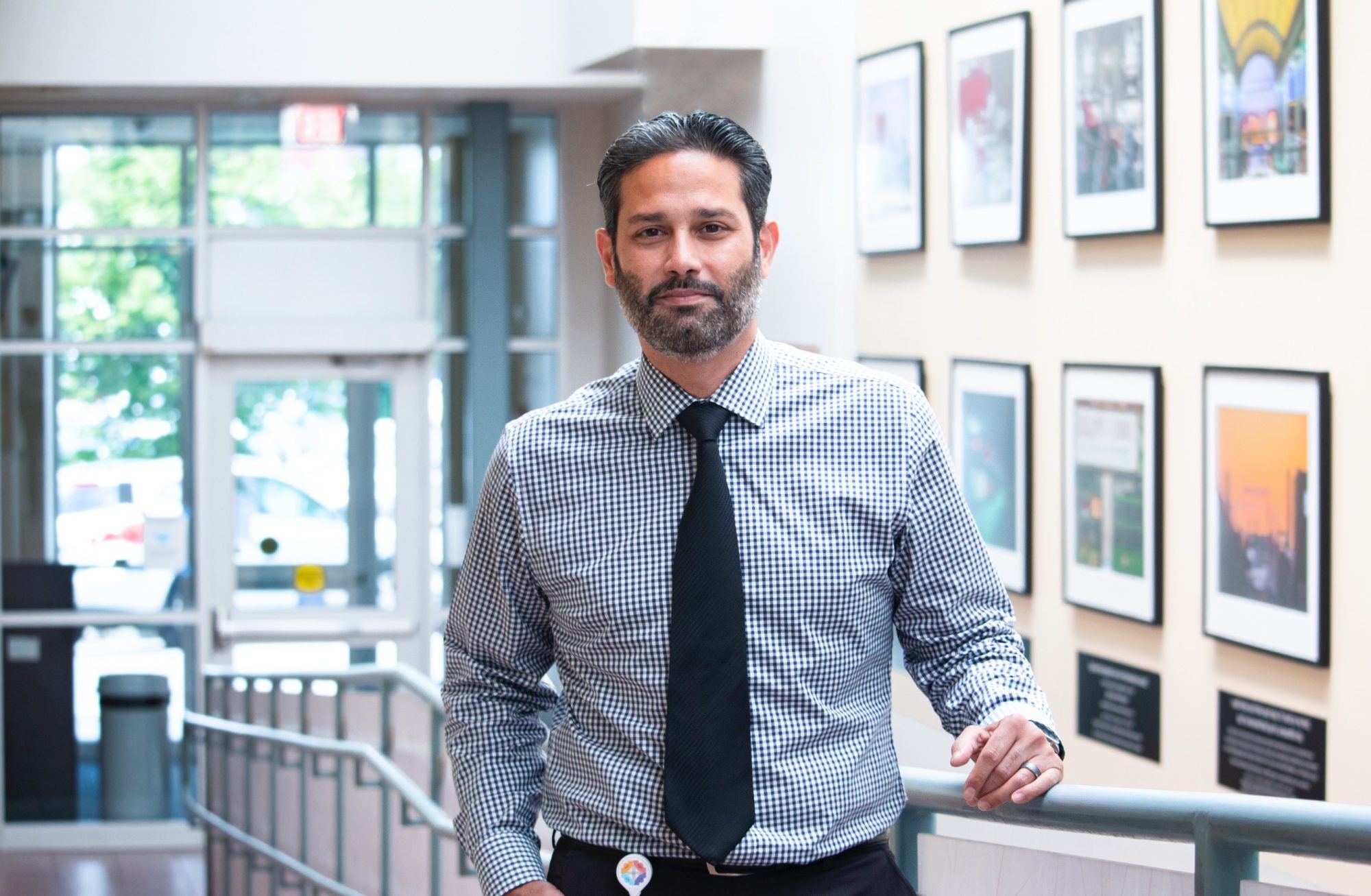LYNN — Dr. Carlos Cappas, the chief behavioral health officer at Lynn Community Health Center, has joined the Health Equity Compact, a group of leaders of color who advocate for health-care equity in the Commonwealth.
“Folks [come] from a range of diverse industries from health, business, labor, philanthropic organizations, and that includes hospitals, academic institutions, payer health centers, and other areas, like public health,” Cappas said.
The compact has filed An Act to Advance Health Equity, a bill in the 2023-24 legislation session that would improve health equity in Massachusetts “through prioritizing health equity in state government, standardizing and reporting on health-equity data, and improving access to and quality of care,” according to the compact’s website.
Before joining the compact, Cappas said he had been part of discussions and panels surrounding equity issues at the health center, and how they relate to the mental and behavioral health crisis.
Those discussions are what eventually connected him with the compact.
“Through those talks, through publicly sharing some of our challenges at the health center on behavioral health and equity, particularly for providers and patients that speak a language other than English, we connected, and it’s that solidarity and intersectionality which is at the heart of the compact,” Cappas said.
What he is hoping to bring to the compact is the “knowledge and experience” he has, and the points of view of his patients and providers.
“Particularly around the mental health issues that impact care, from Latino populations that are first-generation here, people that are immigrants from the community and really sharing their experience,” Cappas said.
One of the equity challenges patients in Lynn are currently experiencing is the presence of language barriers, he said.
“We clearly have many ways to get around that, [like] the phone interpreters, but there’s nothing like connecting with someone that looks like you, speaks your language, and is able to understand some of your experiences,” Cappas said.
These barriers lead to a poor understanding of what patients really need, he said.
“I think another thing that the bill is really tackling is our ability to also keep track of the outcomes, keep track of what people’s backgrounds are in order for us to determine what are the best ways that we can outreach to a specific population,” Cappas said.
From the providers’ perspective, he wants to share how they are struggling to find mental-health professionals that speak the same language and are devoted to the Lynn community. There are also barriers to becoming a mental-health professional that he said he wants to bring awareness to.
“I speak from my Latino perspective and English is my second language, what are some of the challenges that we face in order to become a mental-health professional, to be interested, what are the opportunities that exist for us to be exposed to to be able to learn about what it is to be a psychologist?” Cappas said.
The compact is currently expanding its membership to include Asian American and Pacific Islander leaders, he said.
“We really want to be inclusive,” Cappas said. “We need to have the hard conversations, we need to continue to build on what we’re doing, what we believe in, and we need the right people. We need to be thoughtful about how we do it as well. But I think by really building, this expansion is going to help us to really learn how to do that, even beyond what we have already.”

